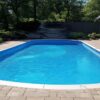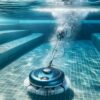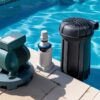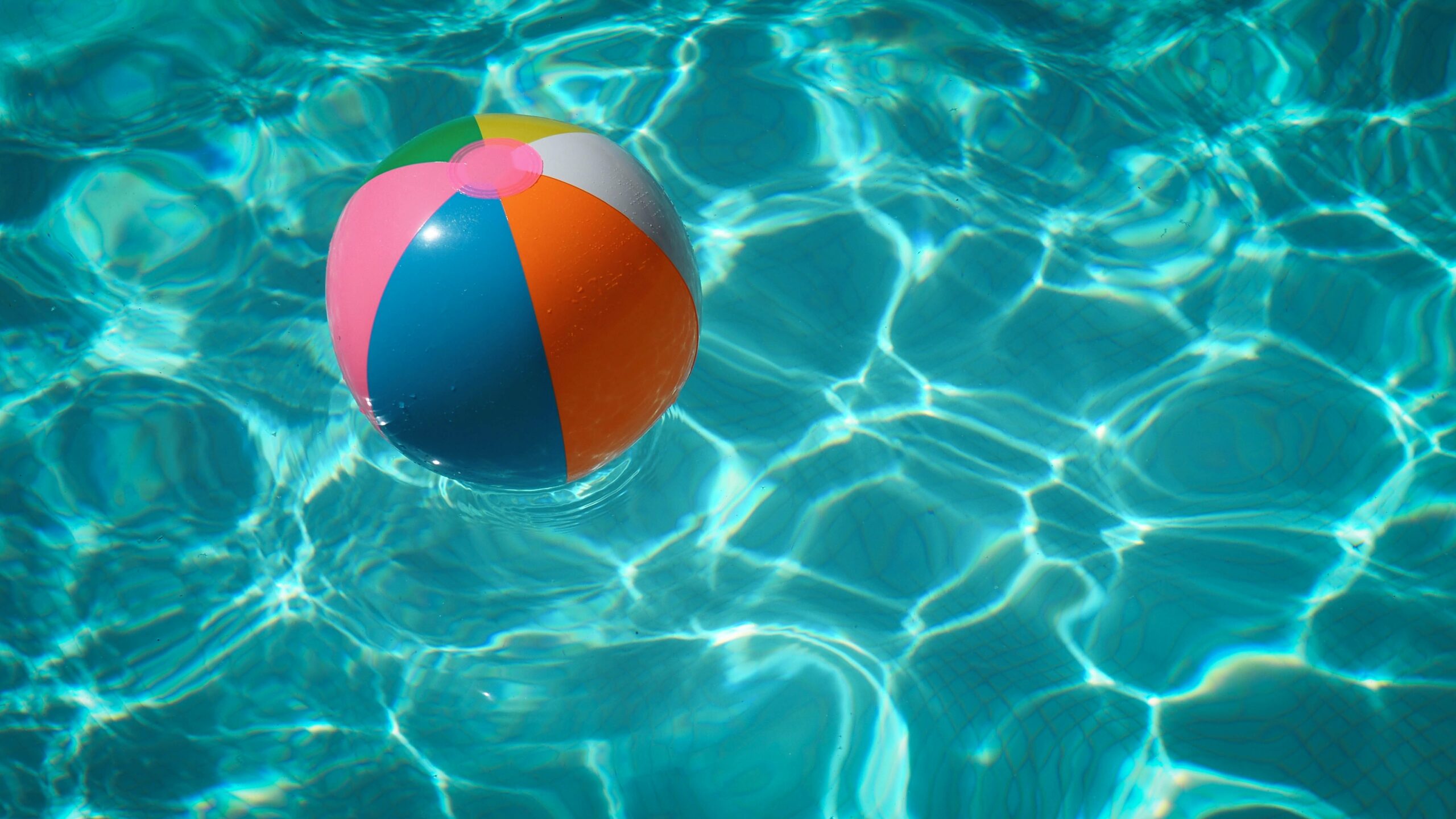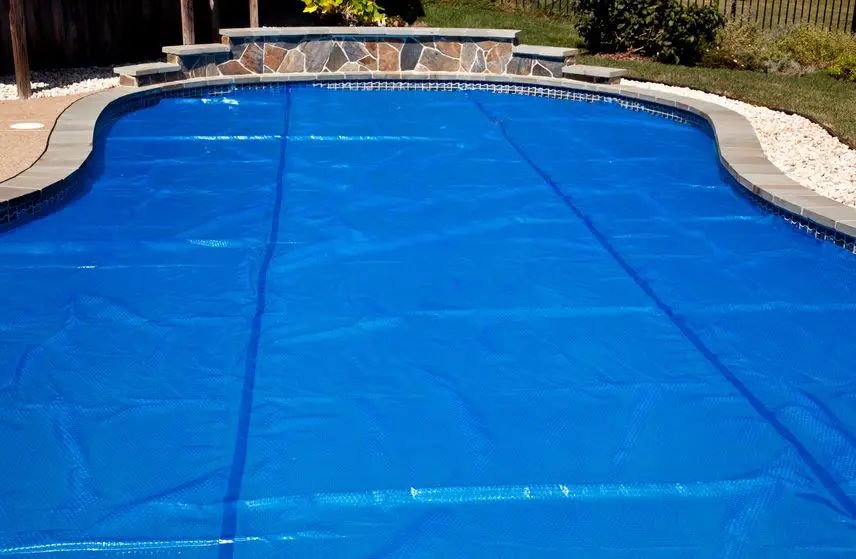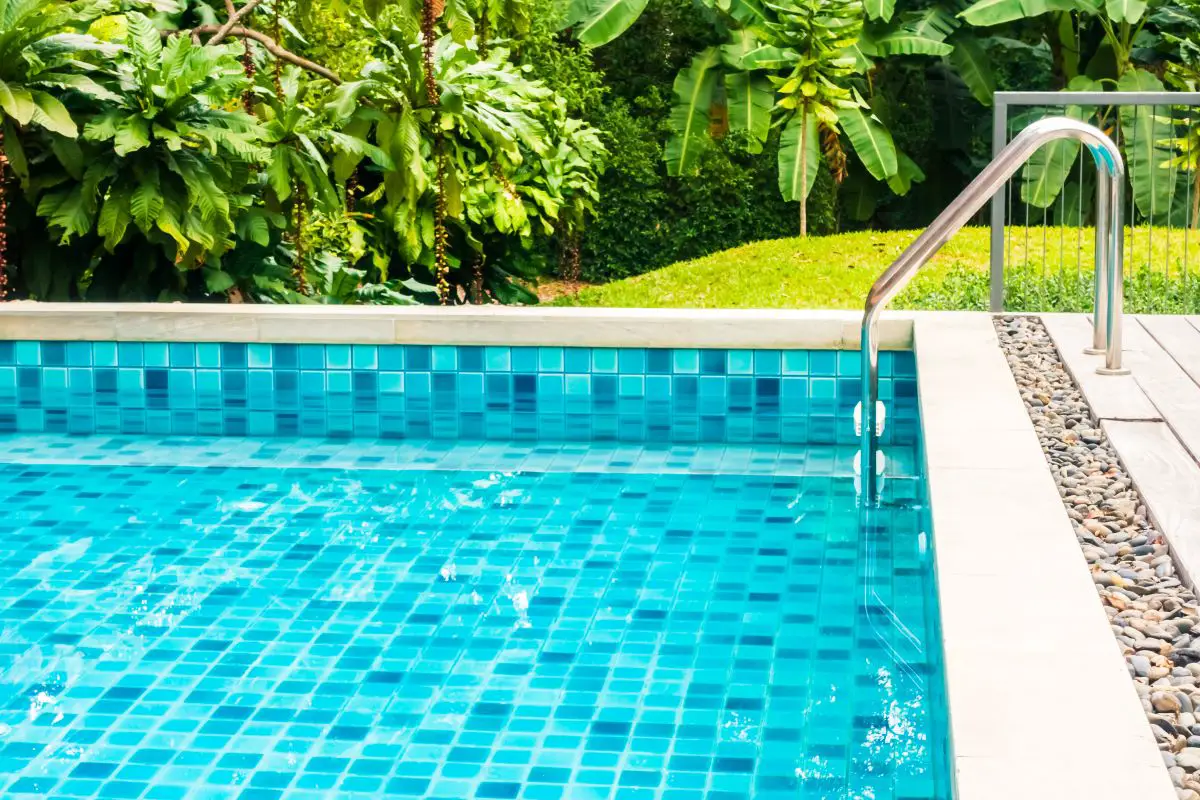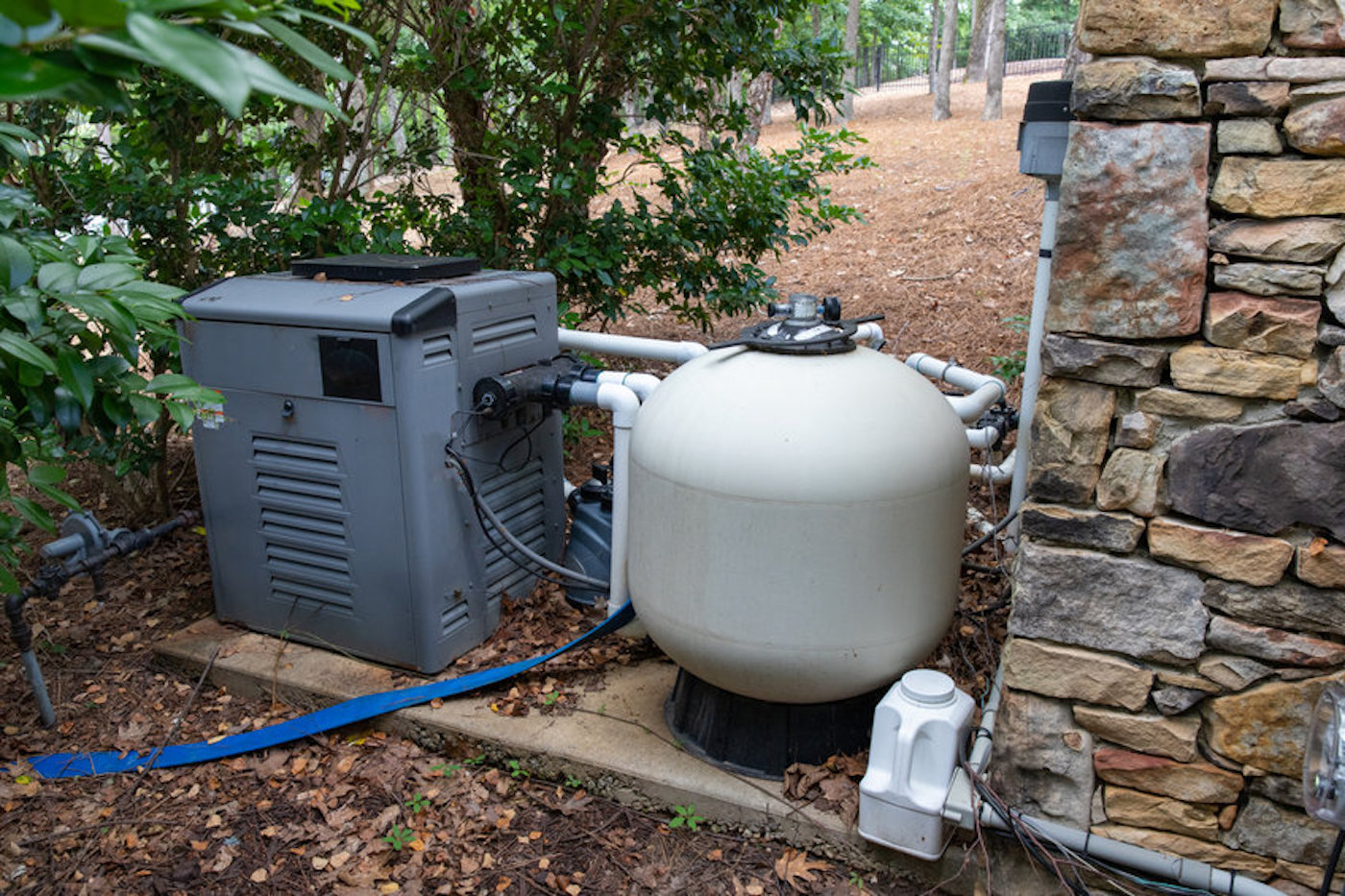The Differences Between Pollen and Algae In Pools
Being a pool owner can lead to confusing situations and some questions that can be difficult to answer. One of those situations I’m sure many of us have faced is if that weird, slimy stuff floating in the pool is pollen or algae. While there can be some similarities between the two, there are also several differences that will allow you to properly diagnose and treat any issues your pool might be facing.
So what are the differences between pollen and algae in a pool? Among the different characteristics between pollen and algae, a big difference between the two in pools is their different appearances while being in the water. Pollen will generally be a yellow or green color, while algae can be either of those colors or black.
There are many other differences between pollen and algae and knowing the differences will be key for not just the cleanliness of your pool, but also the safety of those who swim in it. To find out all of the other major differences, how you can spot pollen or algae in your pool, how to clean or treat your pool for pollen or algae, and how to stave off these issues into the future, continue reading!
What Is the Difference?
While pollen and algae may both be found in pool water, they are very different types of organisms. As pollen is a powdery substance that contains the male gametes of a plant and algae are plant-like protists that range in size from single-celled microalgae to large kelp. Additionally, pollen can cause allergies in some people, while algae are essential for the oxygenation of aquatic ecosystems. Algae can also be used as a food source, while pollen is not edible.
Additionally, algae can have a fuzzy appearance, whereas pollen will not. Another difference is that pollen will generally just accumulate on the surface of the water and pool walls, while algae can grow and spread throughout the entire pool. Algae also tend to come back quickly after being removed, whereas pollen does not usually return as quickly.

Using Clues to Determine Pollen or Algae
The biggest difference between pollen and algae in pools is the color. Algae can come in a variety of colors, including green, black, yellow, or brown, while pollen is usually just one color. If you’re not sure what color your pool’s water should be, a good rule of thumb is to look at the surrounding area. If there’s a lot of green vegetation, your pool has likely turned green from algae. On the other hand, if there are trees or flowers nearby that are shedding pollen, it’s more likely that your pool has turned yellow or brown from pollen.
How the Two Float
Pollen and algae both have a unique way of floating in water that can also help one decipher between the two. Algae, on one hand, tend to form in clumps or mats while in a pool, while pollen will float around on its own. This will often look like an uninterrupted layer of film covering the surface of your pool. This can make algae easier to remove with a pool brush or net, while pollen can be more difficult to get rid of.

Cleaning Pollen vs Algae
The size of both pollen and algae particles are very different, meaning it can be more difficult to remove one compared to the other, especially when considering using your pool’s filter as a means of cleaning your home’s pool. Pollen is also much smaller than algae, so it can easily pass through a pool’s filter. This means that you might see pollen in your pool even if you have a good filtration system. Algae, on the other hand, are larger and will usually be caught by the filter.
If you’re not sure whether your pool has algae or pollen, the best thing to do is to take a sample of the water to your local pool store. They’ll be able to test it and tell you for sure what’s going on. From there, you can follow their recommendations for treating the problem.
More Pollen and Algae Characteristics
Pollen is a powdery substance that consists of microscopic grains released by plants. Algae are plant-like organisms that live in water and can range in size from single-celled microalgae to large kelp. While they are both often found in pool water, pollen and algae are very different types of organisms.
Pollen is composed of tiny grains that contain the male gametes of a plant. Pollen grains are typically produced by flowering plants and are transported by wind or animals to other plants, where they fertilize the female gametes. Once pollen reaches its destination, it can cause allergies in some people.
Algae are a diverse group of aquatic organisms that range in size from microalgae to giant kelp. Algae are capable of photosynthesis and often live in water, although they can also be found in damp soil or on rocks. Some algae are single-celled, while others form complex structures such as kelp forests. Although algae are plant-like, they are classified as protists.
Getting Rid of Pollen In Your Pool
If you have pollen in your pool, you can simply remove it with a skimmer or brush. It shouldn’t come back, but if that does not do the trick or it feels like your pool has become overrun with pollen, try shocking it instead. When your pool has turned yellow or brown from pollen, the best thing to do is to shock the pool. This will kill any bacteria or possible algae that might be present, as well as break down and get rid of any pollen as well. You can also use a pool brush to remove any pollen that has settled on the sides or bottom of the pool.

Getting Rid of Algae In Your Pool
Algae can sometimes be a more serious issue to your pool. As it can require more chemical treatments to properly get rid of the green sludge for good. Even when it appears gone, it can sometimes grow back as well, so using a cleaning process that guarantees its permanent removal is important for proper pool maintenance. If your pool has turned green from algae, you’ll need to shock the pool and then vacuum it with a pool vacuum. You can also use an algaecide to kill the algae, but be sure to follow the directions carefully so you don’t damage your pool or its water. Aluminum sulfate is a product that is easy for your pool if you think you might have algae. This should be effective in killing any algae and preventing it from returning.
Knowing the Differences
So, while there can be some similarities between pollen and algae in pools, there are also several differences that will allow you to properly diagnose and treat any issues your pool might be facing. In general, pollen is a yellow film made up of small particles floating on the surface of your pool. While algae can have several colors and are often floating in larger chucks due to being made up of bigger particles. In special cases where the two can still seem impossible to differentiate or you are just not sure, take a test sample of your pool water to your local pool specialist to get a cleaning treatment that is appropriate for your pool. By knowing these differences, you can more confidently diagnose and treat pollen and algae-related issues your pool might face in the future. Be sure to keep an eye out for these differences the next time you’re unsure of what’s floating in your pool!


